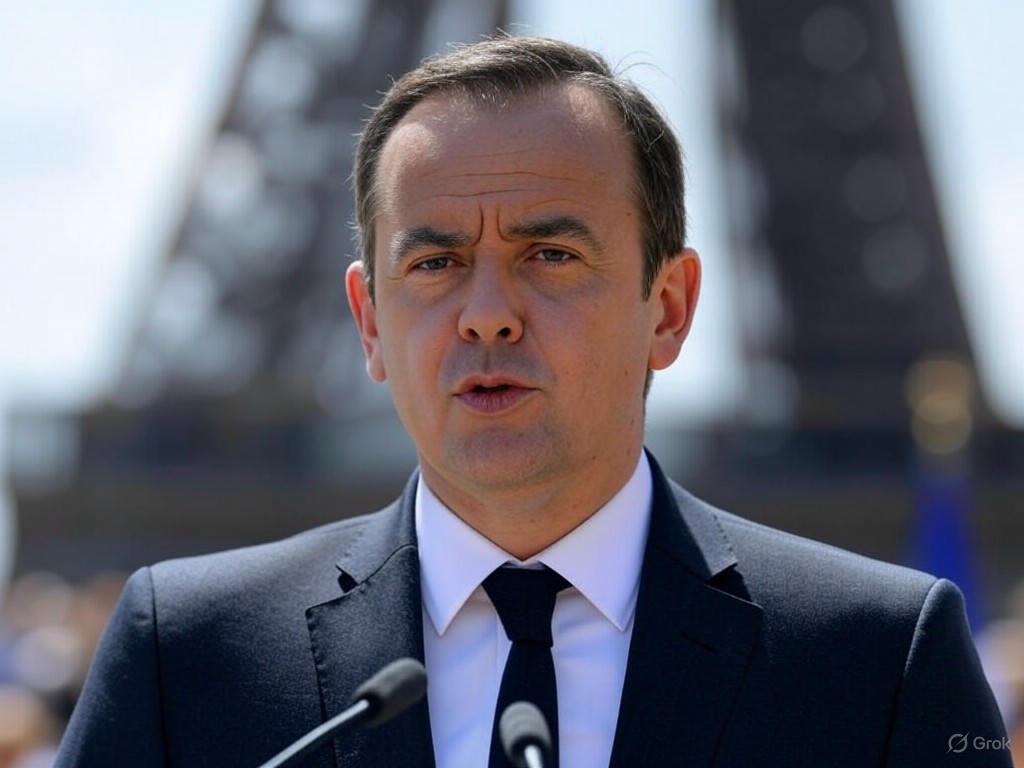In a bold move to secure its position in the global satellite industry, France has emerged as the largest shareholder in Eutelsat, a major player in the European telecommunications sector. This strategic investment marks a significant step for the nation to establish a strong foothold in the race for space-based internet services, positioning Eutelsat as a formidable competitor to Elon Musk’s Starlink. The French government’s decision reflects a broader vision to reduce reliance on foreign technology and assert autonomy in critical digital infrastructure.
The timing of this investment is no coincidence. With the rapid expansion of satellite internet services worldwide, nations are increasingly aware of the geopolitical and economic implications of lagging behind in this arena. France’s leadership believes that controlling a significant stake in Eutelsat will ensure the country’s influence over future innovations in connectivity, especially in regions where terrestrial internet infrastructure remains underdeveloped. By prioritizing domestic capabilities, France aims to safeguard its interests and provide a European alternative to the dominance of American tech giants in the satellite broadband market. This move also aligns with the European Union’s broader push for technological sovereignty, emphasizing the need for homegrown solutions to meet the continent’s digital demands.
Eutelsat, with its extensive network of satellites, is well-poised to challenge Starlink’s growing presence. While Starlink has captured headlines with its ambitious plans to deliver high-speed internet across the globe, Eutelsat brings decades of expertise in satellite communications and a robust infrastructure that spans multiple continents. France’s increased involvement could accelerate Eutelsat’s efforts to deploy next-generation satellites capable of rivaling Starlink’s low Earth orbit constellation. Furthermore, this partnership may inspire collaborative projects with other European nations, fostering a unified front in the competitive space industry. Analysts suggest that France’s investment could also attract private capital, fueling innovation and expanding Eutelsat’s reach in emerging markets.
Beyond the business implications, this development carries significant strategic weight. Satellite internet is not just about connectivity; it’s about national security, economic resilience, and global influence. By championing Eutelsat, France is sending a clear message that it intends to be a leader in shaping the future of digital communication. This initiative could pave the way for enhanced services in remote areas, disaster response, and even military communications, areas where reliable internet is often a game-changer.
As the satellite internet race heats up, France’s stake in Eutelsat represents more than a financial transaction—it’s a declaration of intent. The coming years will reveal whether this investment translates into a genuine challenge to Starlink’s dominance or if it serves as a stepping stone for broader European collaboration. For now, France has positioned itself at the forefront of a transformative industry, determined to carve out a space for European innovation in the vast expanse of the digital frontier.
